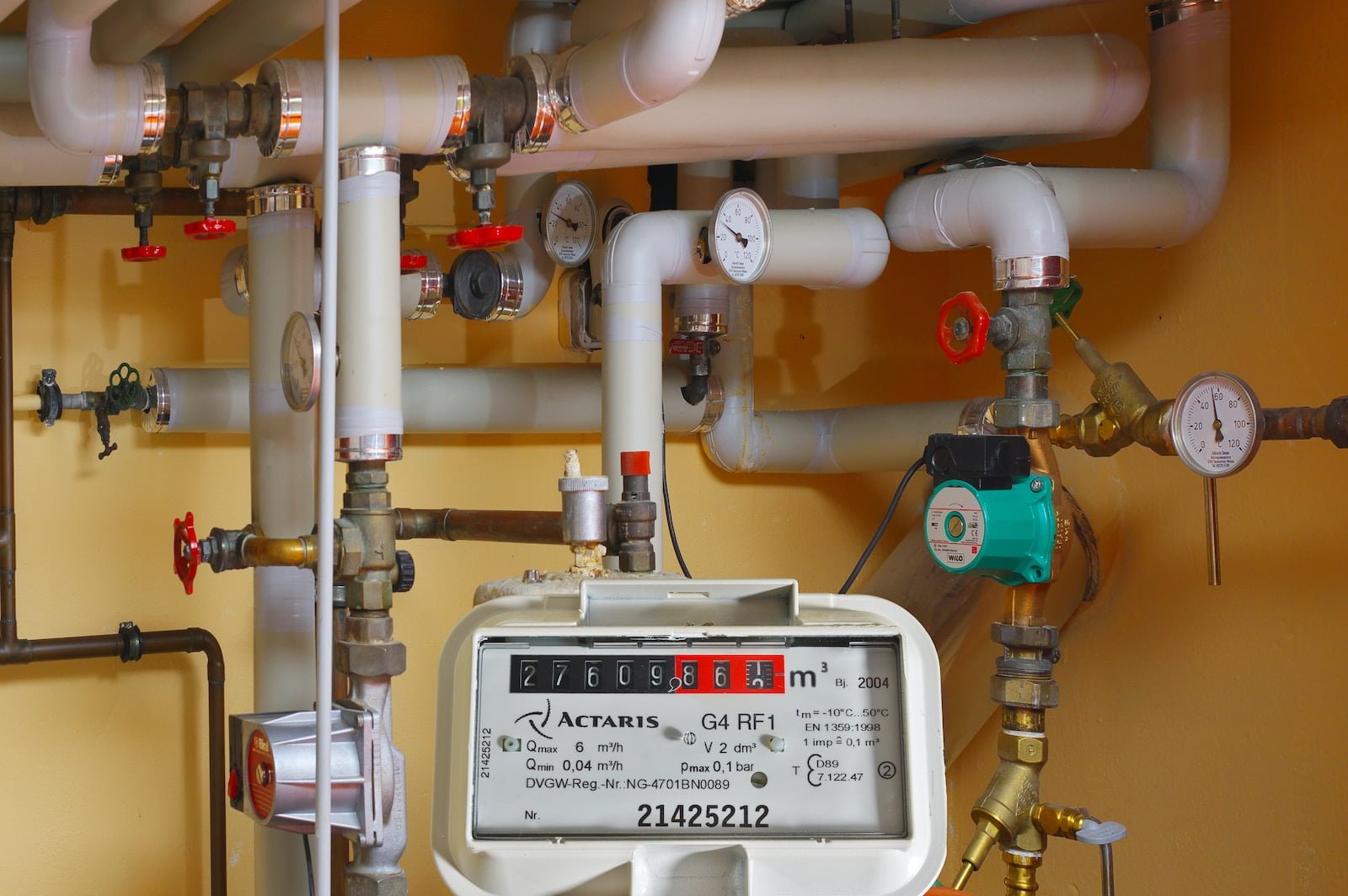Should You Get a Maintenance Contract for Your New System to Increase Its Lifespan?
When businesses invest in new systems, they expect them to work efficiently and effectively for a long time. However, without proper maintenance, even the newest and most advanced systems can experience problems that lead to costly repairs and downtime. This is where maintenance contracts come in. These agreements between the system provider and the business ensure that the system is regularly inspected, serviced, and updated to prevent issues and keep it running smoothly. In this article, we will explore the importance of maintenance contracts for new systems and why businesses should consider investing in them.
Firstly, maintenance contracts provide businesses with peace of mind knowing that their systems are being taken care of by experts. With regular maintenance, potential problems can be identified and addressed before they turn into major issues. This not only saves money on repairs but also minimizes downtime, which can have a significant impact on business operations and productivity.
Secondly, maintenance contracts can extend the lifespan of new systems. Regular maintenance ensures that the system is functioning at its optimal level, reducing wear and tear on components and preventing premature failure. This means that businesses can get more value from their investment in the long run.
Finally, maintenance contracts can also help businesses stay up to date with the latest technology and software updates. System providers often include upgrades and new features as part of their maintenance contracts, ensuring that businesses have access to the latest tools and capabilities to improve their operations.
Increased Lifespan
Regular maintenance is key to ensuring that equipment and machinery last as long as possible. By signing a maintenance contract, businesses can ensure that their equipment is serviced and maintained on a regular basis, which can help to extend its lifespan. This means that businesses can get more use out of their equipment and avoid the need to replace it prematurely. With regular maintenance, equipment can also perform at its best, which can lead to increased productivity and efficiency.
Reduced Downtime
Downtime can be costly for businesses, as it can lead to lost productivity, missed deadlines, and reduced revenue. By signing a maintenance contract, businesses can reduce the risk of downtime by ensuring that their equipment is regularly serviced and maintained. This means that any potential issues can be identified and resolved before they become major problems. With reduced downtime, businesses can operate more efficiently and effectively, which can help them to stay competitive in their industry.
Cost Savings
One of the biggest benefits of maintenance contracts is that they can help businesses to save money. By ensuring that equipment is regularly serviced and maintained, businesses can avoid costly repairs and replacements. Regular maintenance can also help to identify any potential issues before they become major problems, which can save businesses money in the long run. Additionally, by signing a maintenance contract, businesses can often benefit from discounted rates for services and repairs, which can help to reduce costs even further. Overall, maintenance contracts can be a smart investment for businesses looking to increase their lifespan, reduce downtime, and save money.
Factors to consider when deciding on a maintenance contract: Type of system, usage frequency, and budget
Another important factor to consider when deciding on a maintenance contract is the type of system you have. Different systems require different levels of maintenance, so it’s important to choose a provider who has experience with your particular type of system. For example, if you have a heating, ventilation, and air conditioning (HVAC) system, you’ll want to find a provider who specializes in HVAC maintenance. On the other hand, if you have a security system, you’ll want to find a provider who has experience with security system maintenance.
Usage frequency is also an important consideration. If you use your system frequently, you’ll need more frequent maintenance to keep it in good working order. For example, if you have a commercial kitchen with a lot of cooking equipment, you’ll need more frequent maintenance than a residential kitchen. Similarly, if you have a large office with many employees, you’ll need more frequent maintenance on your HVAC system than a small office with only a few employees.
Finally, you’ll need to consider your budget when choosing a maintenance contract. While it’s important to find a provider who can offer high-quality maintenance services, you also need to make sure that the cost fits within your budget. Look for providers who offer flexible payment options and who can work with you to create a maintenance plan that meets your needs and your budget.
Risks of not having a maintenance contract: Potential for costly repairs, system failures, and safety hazards
Without a maintenance contract, your equipment is at risk of breaking down unexpectedly and causing costly repairs. Regular maintenance can help identify potential issues before they become major problems. If left unchecked, small issues can quickly turn into major repairs that can cost thousands of dollars to fix.
In addition to the financial risks, not having a maintenance contract can also lead to system failures and safety hazards. Without proper maintenance, equipment can malfunction and cause serious safety hazards for employees and customers. This can lead to legal issues and damage to your company’s reputation.
It’s important to prioritize regular maintenance and invest in a maintenance contract to avoid these risks. By doing so, you’ll not only save money in the long run but also ensure the safety of everyone involved. Don’t wait until it’s too late to take action – contact a maintenance provider today to protect your business and equipment.
Conclusion: The value of maintenance contracts in ensuring the longevity and efficiency of new systems
In conclusion, maintenance contracts are a valuable investment for any organization that wants to ensure the longevity and efficiency of new systems. By signing a maintenance contract, you can rest assured that your systems will be regularly maintained and updated, reducing the risk of breakdowns and downtime. Additionally, maintenance contracts provide access to expert support and advice, which can help you optimize your systems and improve their performance over time.
Overall, the benefits of maintenance contracts far outweigh the costs, making them an essential tool for any organization that wants to stay competitive and efficient in today’s fast-paced business environment. So if you’re considering investing in new systems, be sure to factor in the cost of a maintenance contract to ensure that you get the most out of your investment.






